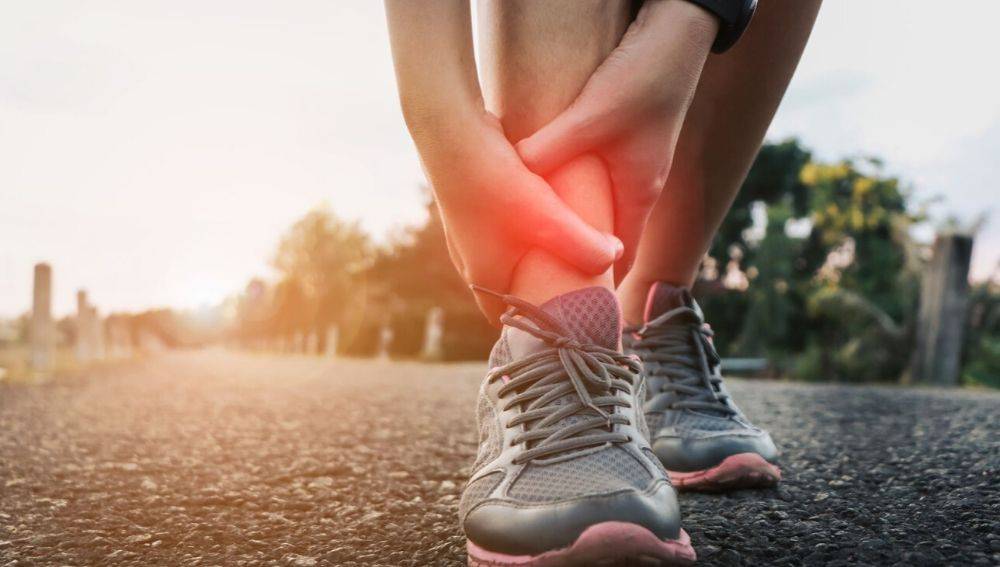Your Cart is Empty
Supplements for PCOS - A Dietitian's Guide
February 01, 2021 3 min read

When it comes to PCOS, quite a few supplements can help. Prioritising your overall nutrition will help far more than any individual supplement, but supplements can certainly provide some value.
When it comes to supplements, often they are only beneficial whenever there is a deficiency or inadequate intake. Adding the supplement in addition to an already optimal intake likely won’t provide any additional benefit. So, keep that in mind since a lot of these needs can be met through food as well. Supplements are just the icing on the cake. If you would like to learn more about nutrition in general for PCOS,I recommend reading this post.
PCOS can’t technically be cured, but these might help reduce symptoms related to menstruation, excess hair growth, ovulation, fertility, testosterone, insulin resistance and many more.
Inositol
There is a lot of solid evidence for how Inositol can help people with PCOS. It appears to improveinsulin sensitivity, lower testosterone and aid fertility.
The recommended dosage is 2-4g per day of Myo-inositol.
Omega 3's
Omega 3’s can help reduce inflammation and improve metabolic markers such as cholesterol and blood pressure. It may also helpreduce testosterone and help with the regularity of the menstrual cycle.
Ideally, you would obtain this through food by consuming fish 2-3 times per week (at least one time is oily fish such as salmon) or consuming plant-based options such as seeds or walnuts.
The recommended dosage is 1000-3000mg daily if you are supplementing.
Cinnamon
Cinnamon may help under certain circumstances. It can potentially helpmenstrual cycle irregularities. It can alsoaid blood glucose control by improving glucose use in cells and slowing the rate at which glucose enters the blood.
The recommended dosage is 1-2g per day.
Zinc
Zinc can be effective for reducing hair growth or reducing hair loss associated with PCOS. It can also potentially help reduce insulin resistance.
The dosage used in research is 50mg/per day, which is significantly higher than the RDI of 8mg/day. For reference, most people do not reach the RDI consistently through food.
Magnesium
Magnesium can helpimprove insulin sensitivity and, if taken at night, reduce fasting blood glucose levels (BGL's).
The recommended dosage is 300-400mg, taken one hour before going to bed. However, I would wager that this won't be necessary if you meet your magnesium needs through foods. Though, the vast majority of people do not meet the RDI for magnesium through food. Therefore this potentially could be helpful for quite a few people.
N-acetylcystein (NAC)
A bit of research indicates that NAC may lead to improvements in pregnancy and ovulation rates. This is a bit of a watch in this space area, though, as the evidence isn’t very strong yet.
NAC increases the cellular levels of antioxidants and reduces glutathione at higher doses. Theoretically, this can translate to improved insulin sensitivity, but the current research doesn’t support that in practice.
The dosage commonly used in research is 1200-1800mg per day.
Berberine
Berberine is a Chinese medicinal herb. It mayhelp with insulin resistance and also other metabolic markers, but more controlled research is needed.
The dosage recommended for PCOS is 1.5g daily.
Vitamin D
Vitamin D is another supplement that has a bit of evidence of improving insulin resistance.
Manypeople with PCOS happen to be deficient in vitamin D, but that leads to a chicken or the egg scenario: Does PCOS contribute to deficiency, or does deficiency contribute to PCOS? Either way, supplementation will only likely be beneficial if you are deficient.
The first step should be to get a blood test for deficiency and then address it from there. The recommended dosage is 1000IU per day or higher if your doctor recommends it. It is not uncommon for people to supplement as high as 10,000IU per day while addressing a deficiency.
Chromium
A systematic review of 7 randomised control trials featuring chromium demonstrated that chromium could potentially help reduce insulin resistance and testosterone. It does not appear to improve ovulation, however.
The recommended dosage is 200µg daily of chromium picolinate.
Summary
Prioritising your overall nutrition will help far more than any individual supplement, but supplements can undoubtedly provide some value. Supplementation is unnecessary, but it can help address certain symptoms under specific circumstances. It is certainly worth looking into and considering whether they could possibly be of benefit for you.
Also in Diet and Nutrition

Best Supplements for Injury Recovery (And Nutrition Tips to Heal Faster)
May 21, 2025 6 min read
Read More Recent Articles
- Best Supplements for Injury Recovery (And Nutrition Tips to Heal Faster)
- Does Whey Protein Have Lactose? What You Need to Know
- Protein Shake for Breakfast: Is It a Healthy Choice?
- How to Bulk: A Complete Guide for Beginners
- 10 Quick Pre-workout Bites to Power Your Training
- Banish the Belly Bloat: Simple Solutions for a Flatter Feeling
- Navigating the Golden Years: Enhancing Mobility as You Age
- A Comprehensive Dive into the World of Biohacking
- Why you should try the Mediterranean Diet
- Managing Blood Sugar Spikes: A Comprehensive Guide for Better Health
${{amount}}










![[Batch-tested] Collagen Pro® - Protein Powder](http://www.vpa.com.au/cdn/shop/files/vpa-australia-collagen-powder_1600x.webp?v=1770851517)





